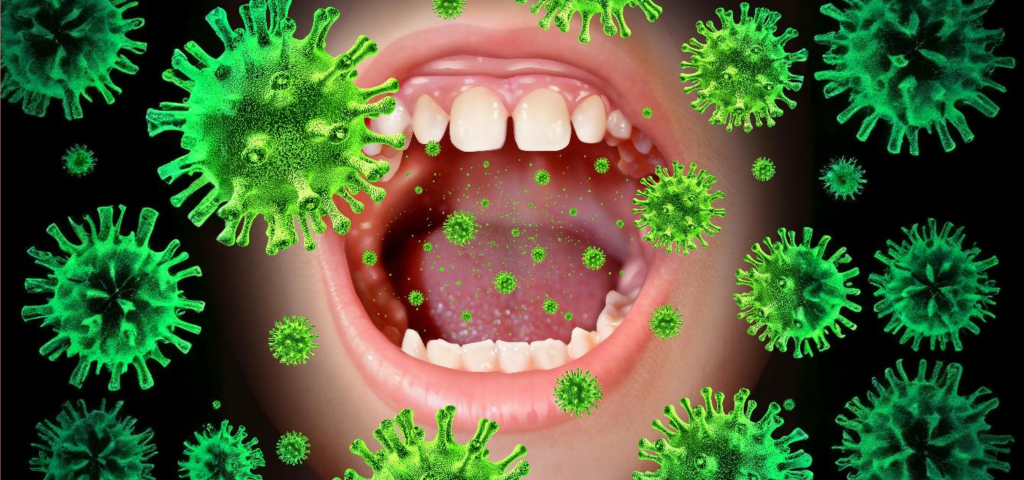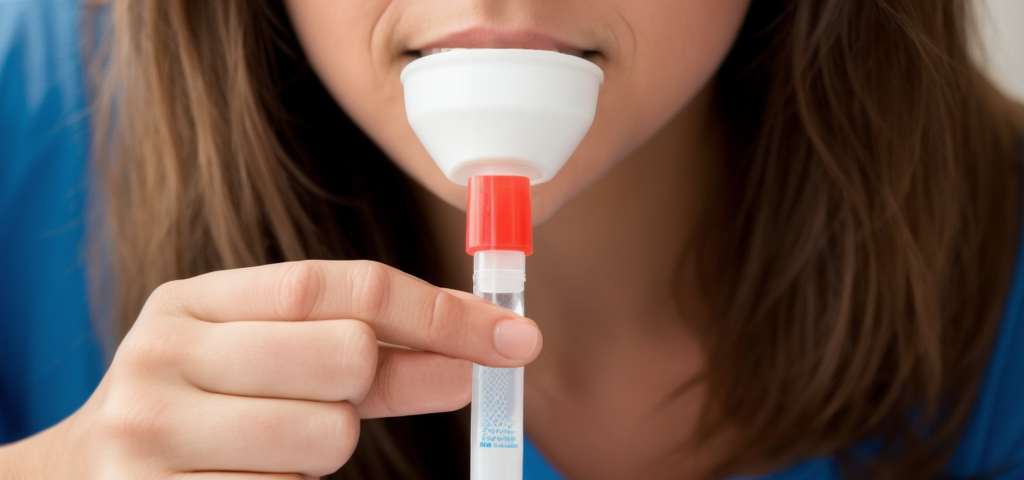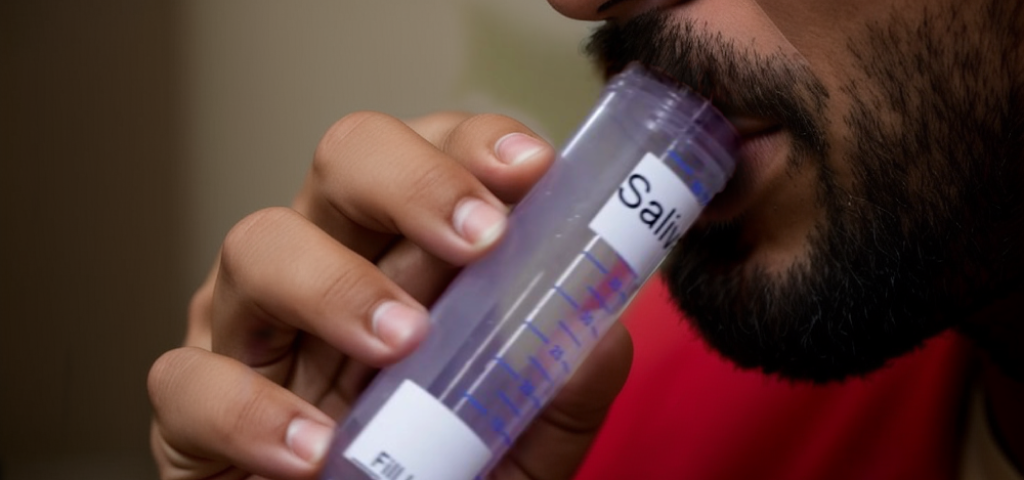The 5 Most Abundant and Common Oral Bacteria and What They Mean for Your Health
Introduction
Our mouths are bustling ecosystems teeming with bacteria. While many of these microorganisms play crucial roles in maintaining oral health, some can lead to significant dental and overall health issues. Understanding the most common oral bacteria and their implications can help you take proactive steps to maintain a healthy mouth. Moreover, tools like Dentulu’s salivary test can help identify harmful bacteria early, enabling timely intervention.
The Oral Microbiome: An Overview
The oral microbiome consists of diverse bacterial communities that live in your mouth. These bacteria are essential for breaking down food particles, aiding digestion, and protecting against harmful pathogens. However, an imbalance in these bacterial communities can lead to dental diseases and other health problems.
The 5 Most Abundant and Common Oral Bacteria
- Streptococcus mutans
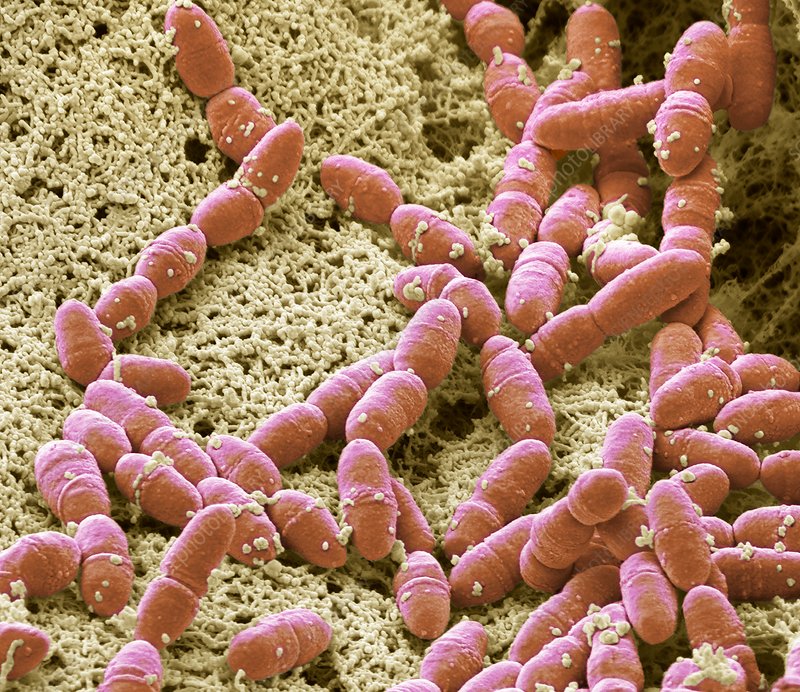
- Role: Streptococcus mutans is one of the primary bacteria responsible for tooth decay. It converts sugars into lactic acid, which erodes tooth enamel.
- Health Implications: High levels of S. mutans can lead to cavities and tooth decay. Poor oral hygiene, sugary diets, and lack of dental care can increase its abundance.
- Prevention: Regular brushing, flossing, reducing sugar intake, and routine dental checkups can help control S. mutans levels.
- Porphyromonas gingivalis
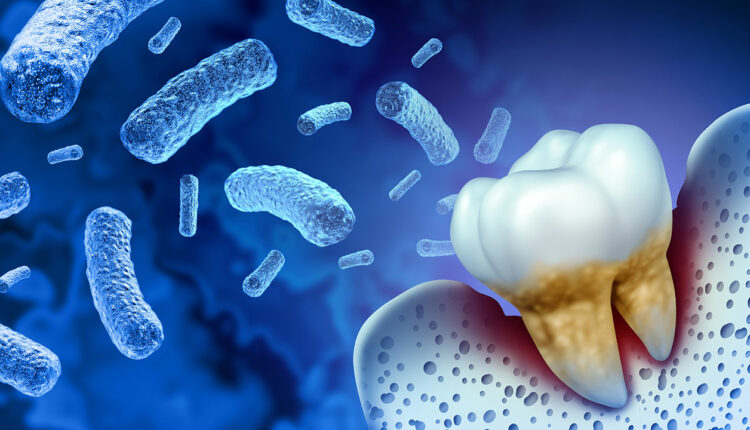
- Role: Porphyromonas gingivalis is strongly associated with periodontal (gum) disease. It can evade the immune system and create inflammation in the gums.
- Health Implications: P. gingivalis is linked to chronic periodontitis, which can lead to tooth loss if untreated. It is also associated with systemic conditions like cardiovascular disease and diabetes.
- Prevention: Maintaining good oral hygiene, regular dental cleanings, and managing underlying health conditions can help reduce the risk of infection.
- Fusobacterium nucleatum

- Role: Fusobacterium nucleatum is involved in the formation of dental plaque and periodontal diseases. It helps other bacteria adhere to each other and to oral surfaces.
- Health Implications: High levels of F. nucleatum are associated with gum disease, dental abscesses, and even adverse pregnancy outcomes.
- Prevention: Effective plaque control through brushing, flossing, and professional cleanings can minimize the presence of F. nucleatum.
- Prevotella intermedia

- Role: Prevotella intermedia is commonly found in periodontal pockets and is associated with periodontitis and gingivitis.
- Health Implications: Overgrowth of P. intermedia can lead to inflammation of the gums, bad breath, and more severe periodontal issues.
- Prevention: Consistent oral hygiene practices and regular dental visits are key to preventing the proliferation of P. intermedia.
- Treponema denticola

Treponema denticola bacteria, computer illustration. This spirochaete bacterium is from the mouth of a person with periodontal disease, a disorder of the supporting tissues around the teeth. T. denticola occurs in the mouths of all primates. - Role: Treponema denticola is a spirochete bacterium that plays a significant role in the progression of periodontal disease. It contributes to tissue destruction and bone loss.
- Health Implications: High levels of T. denticola are a marker for advanced periodontal disease and can lead to significant oral and systemic health issues if left untreated.
- Prevention: Regular dental care, including deep cleanings and periodontal therapy, can help manage T. denticola levels.
The Impact of Oral Bacteria on Overall Health
The health of your mouth is closely linked to your overall well-being. Oral bacteria can enter the bloodstream through gum tissues, potentially affecting other parts of the body. Conditions like heart disease, diabetes, respiratory infections, and even certain cancers have been linked to poor oral health.
Dentulu’s Salivary Test: Identifying Bad Bacteria Early
Dentulu offers an innovative solution to monitor and manage your oral health with their advanced salivary test. This test can identify harmful bacteria in your mouth, allowing for early diagnosis and intervention.
 How Dentulu’s Salivary Test Works
How Dentulu’s Salivary Test Works
- Simple Collection Process: The test involves a non-invasive collection of your saliva, which can be done in the comfort of your home.
- Comprehensive Analysis: Dentulu’s test analyzes the saliva sample to detect the presence and concentration of various oral bacteria, including the five common ones mentioned above.
- Personalized Report: You receive a detailed report highlighting which bacteria are present, their levels, and what this means for your oral and overall health.
- Actionable Insights: Based on the results, Dentulu provides personalized recommendations for improving your oral hygiene and addressing any issues detected.
Benefits of Dentulu’s Salivary Test
- Early Detection: Identifying harmful bacteria early allows for timely intervention, preventing the progression of dental diseases.
- Personalized Care: The test results enable your dentist to tailor treatment plans specifically to your oral health needs.
- Convenience: The at-home saliva collection process is easy and stress-free, making it accessible to everyone.
- Holistic Health Monitoring: Understanding the bacterial composition of your mouth helps in maintaining not just oral health but overall well-being.
Steps to Maintain a Healthy Oral Microbiome
Maintaining a balanced oral microbiome is crucial for preventing dental issues and promoting overall health. Here are some tips to help you keep your mouth healthy:
- Practice Good Oral Hygiene: Brush your teeth at least twice a day with fluoride toothpaste, floss daily, and use an antibacterial mouthwash.
- Regular Dental Checkups: Visit your dentist regularly for professional cleanings and checkups. Early detection of any issues can prevent more severe problems down the line.
- Healthy Diet: Limit sugary and acidic foods that promote bacterial growth. Include plenty of fruits, vegetables, and whole grains in your diet.
- Stay Hydrated: Drinking water helps wash away food particles and bacteria, and keeps your mouth moist.
- Avoid Tobacco Products: Smoking and chewing tobacco can harm your oral microbiome and lead to numerous health issues.
- Use Dentulu’s Salivary Test: Regularly monitor the bacteria in your mouth to stay ahead of any potential problems.
Conclusion
Understanding the most abundant and common oral bacteria and their impact on your health is essential for maintaining a healthy mouth and body. By practicing good oral hygiene, making healthy lifestyle choices, and utilizing innovative tools like Dentulu’s salivary test, you can keep harmful bacteria at bay and ensure early diagnosis and treatment of any issues. Take control of your oral health today and enjoy the benefits of a balanced and thriving oral microbiome.
